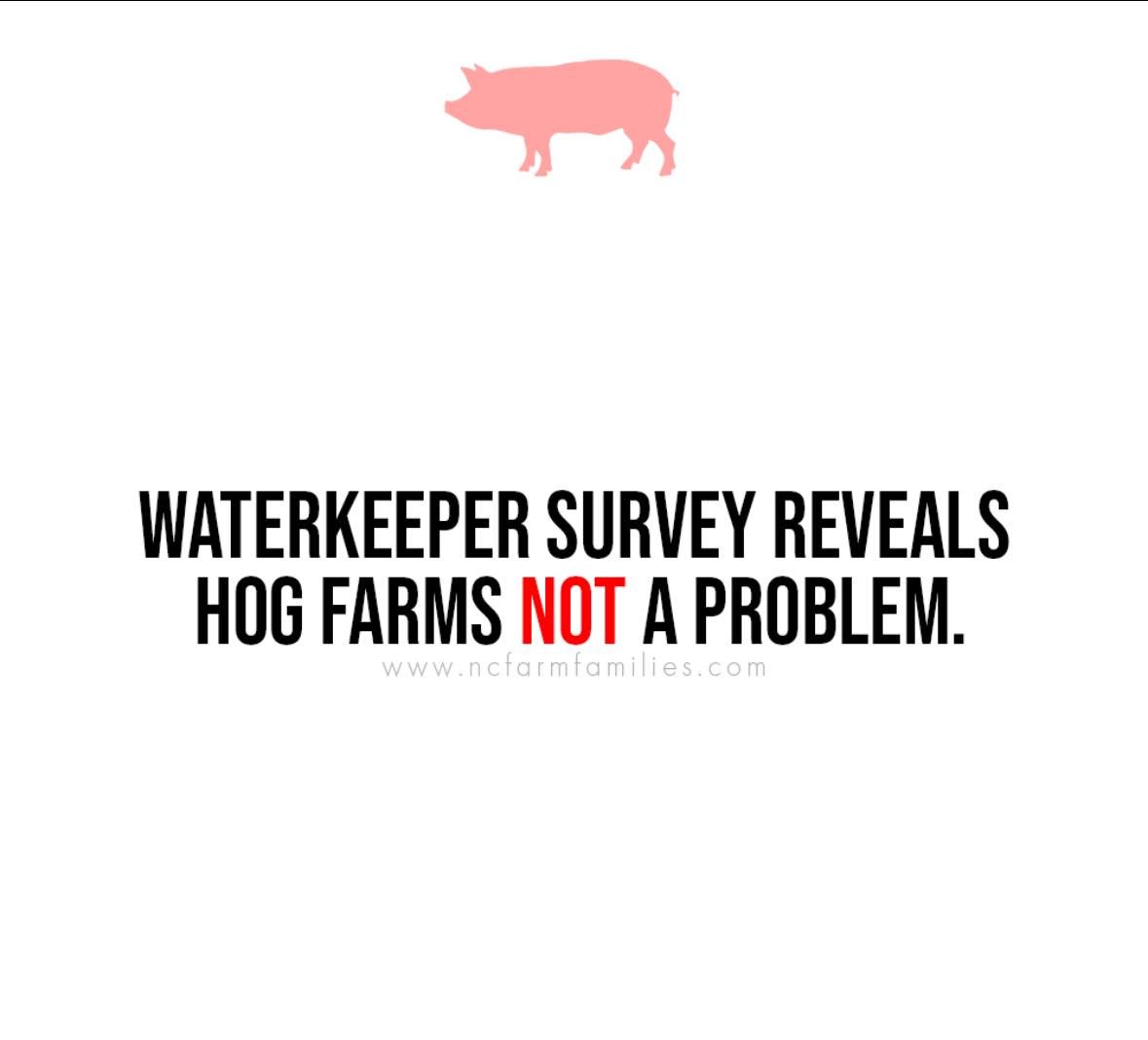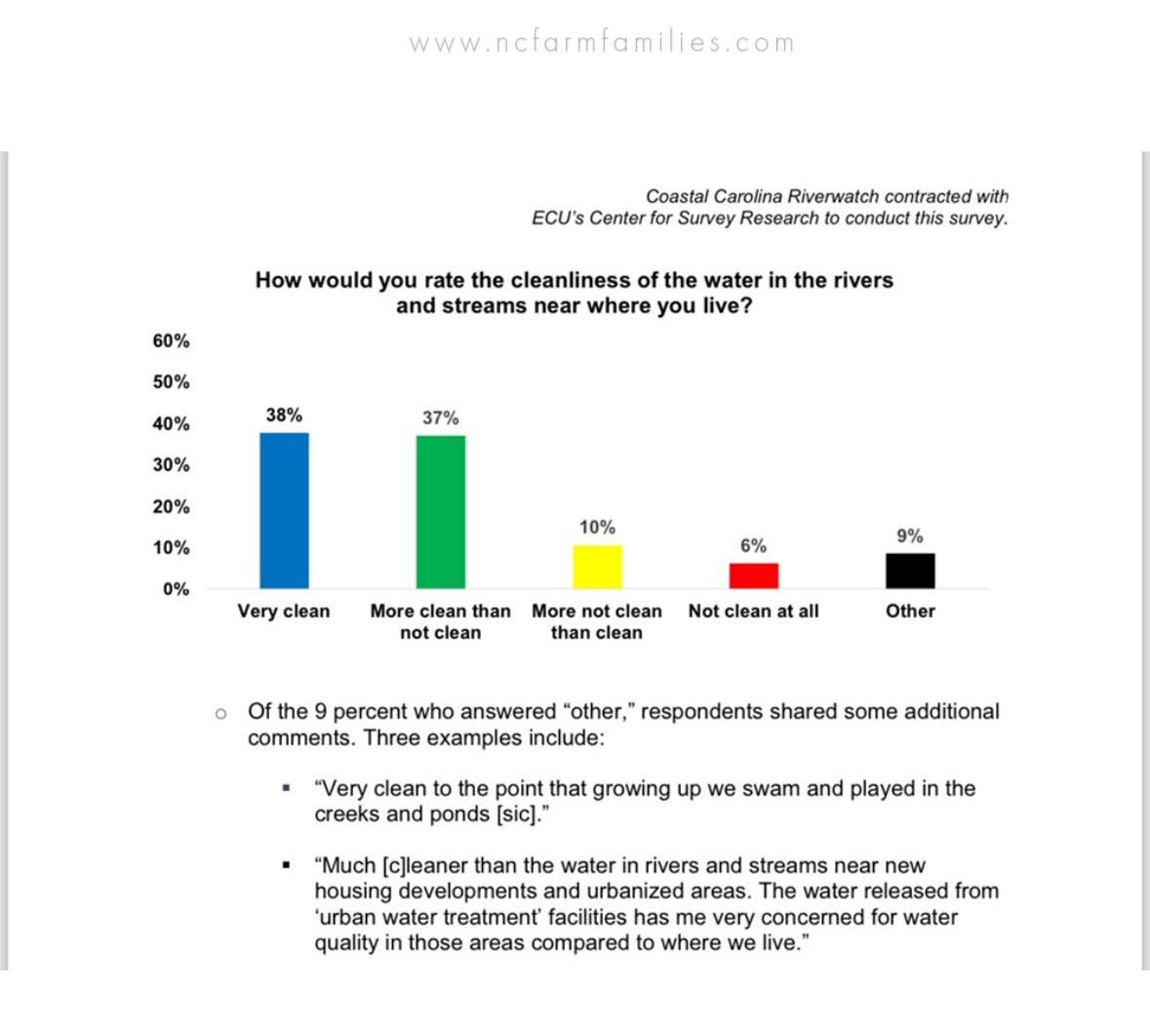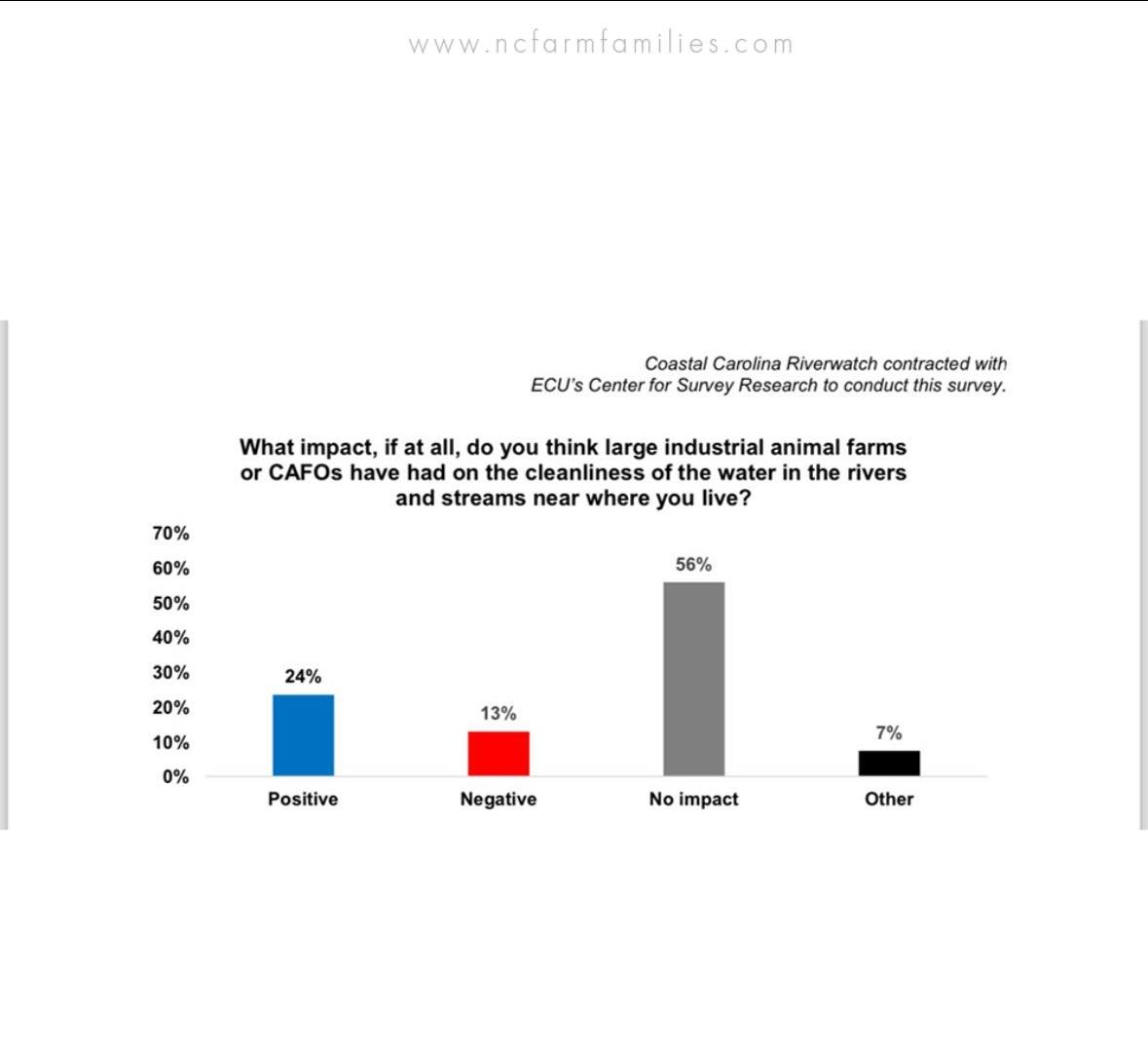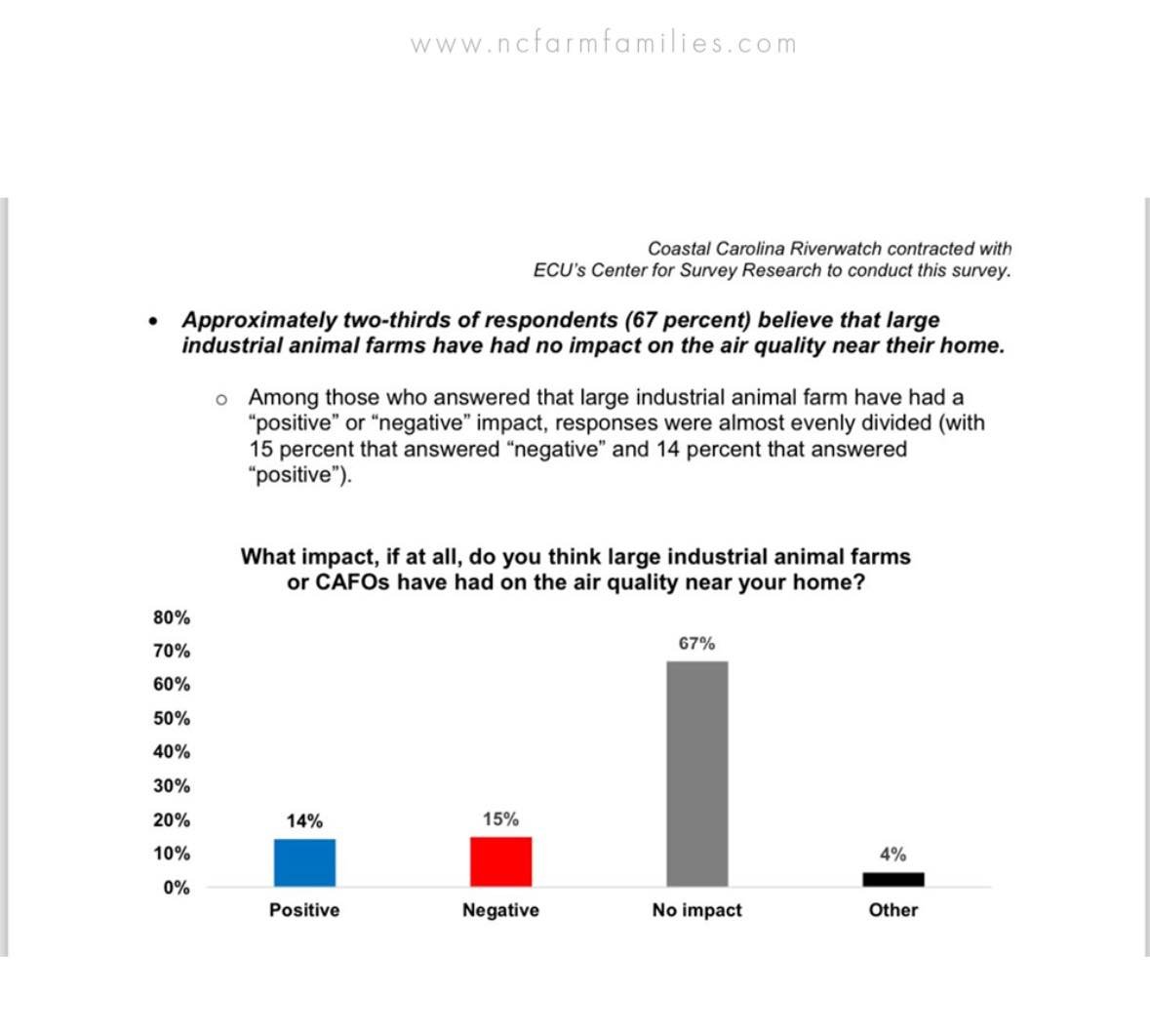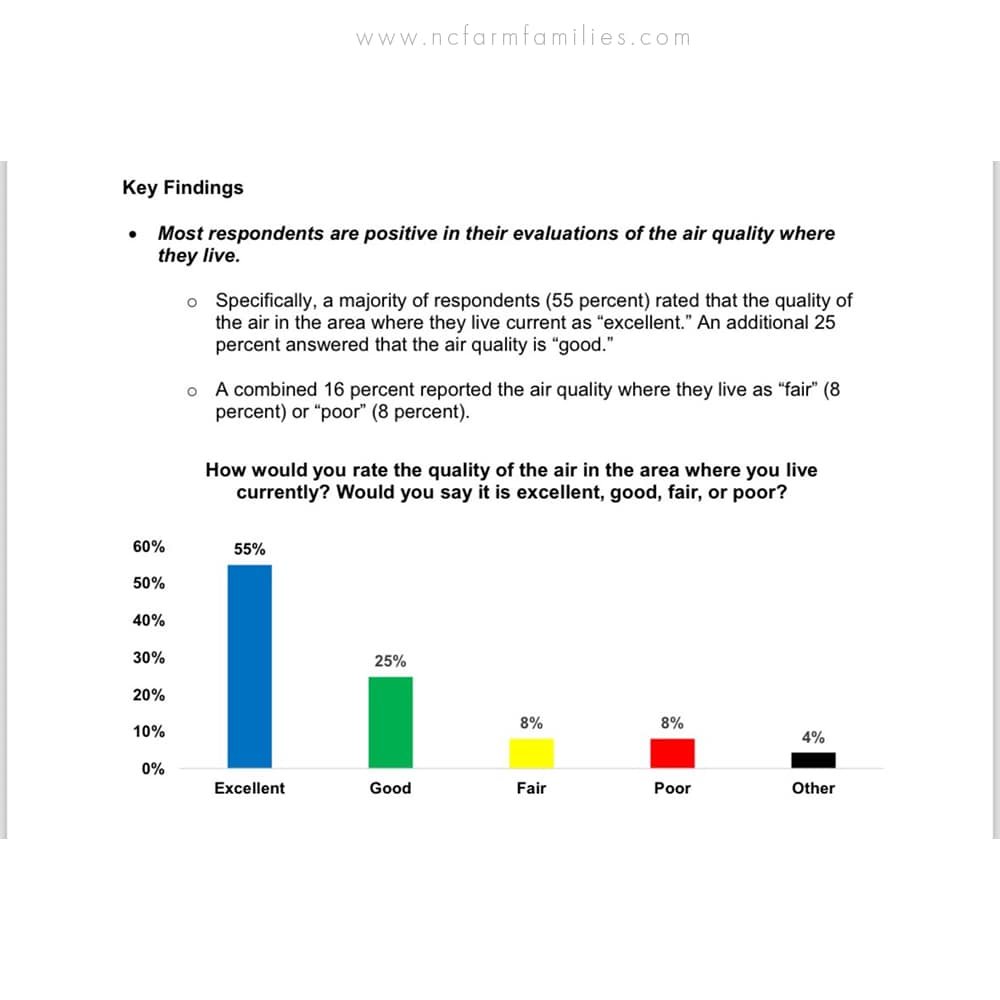A familiar pattern is repeating itself: another round of misleading attacks on North Carolina hog farmers is making headlines. An article recently published by Sentient Media — and republished by NC Health News — repeats a litany of claims that unfairly target family farmers who raise pork for millions of American families.
At the center of these stories is an air quality study by Johns Hopkins professor Christopher Heaney, a protégé of the late UNC activist Steve Wing. As you may recall, Wing was an avowed and proudly “committed activist” — co-founder of the NC Environmental Justice Network — who acknowledged that he was engaged in political science as much as research.
Wing focused on environmental justice, working closely with community activists to craft studies that supported his agenda. Despite flaws with his methodology and conclusions, his work continues to influence the media — as well as researchers like Heaney who studied under Wing.
Heaney is following in Wing’s footsteps, establishing close ties with the Rural Empowerment Association for Community Help (REACH) in Duplin County and the NC Environmental Justice Network. Devon Hall, the executive director of REACH, has even been listed as a co-author on studies conducted by Heaney.
At Johns Hopkins, Heaney leads an initiative explicitly built to “support movements for environmental justice” through community-driven research around hog farms and other large animal production facilities. The initiative is part of the Center for a Livable Future, an academic organization with fellowship programs named for both Wing and Elsie Herring, a North Carolina resident whose allegations have been well chronicled here.
All of this is to say that studies like this are purposefully designed from the start to produce an intended outcome. The goal is clear — to portray hog farmers in the worst possible light and generate attention-grabbing headlines that can potentially be used to influence lawmakers or juries.
What a state air quality study shows
If you want to truly understand air quality around North Carolina hog farms, look at the study conducted by the NC Department of Environmental Quality’s Division of Air Quality. It conducted 15 months of ambient air monitoring in Duplin County, the nation’s largest hog producing county, in 2018 and 2019. The study used a series of monitors — located within 0.5 miles to 2.5 miles of one or more hog farms — to collect data on three substances of concern: hydrogen sulfide, ammonia and particulate matter
And what did it show?
The study found no concern or exceedance related to hog farms, including in the measure of particulate matter. For hydrogen sulfide, the data showed that 24-hour average concentrations were consistently, throughout the study, 10 times lower than the acceptable “ambient” level. For ammonia, the acceptable level was never exceeded. And there were very few events with even measurable concentrations — the largest being attributed to smoke from open burning unrelated to farms.
The Division of Air Quality concluded that the results “do not constitute a significant air quality issue in the study area.”
The results were so clear cut that the department determined no additional testing was needed.
“The results of this ambient air quality study,” the NC Farm Bureau said, “provide a valuable counter-point to the narrative from (other groups) that swine farms are contributing to poor air quality…”
So, while some groups continue to chase headlines, North Carolina farmers will keep doing what we’ve always done: raising healthy animals, feeding families, and protecting the land we live on. That’s the real story.



